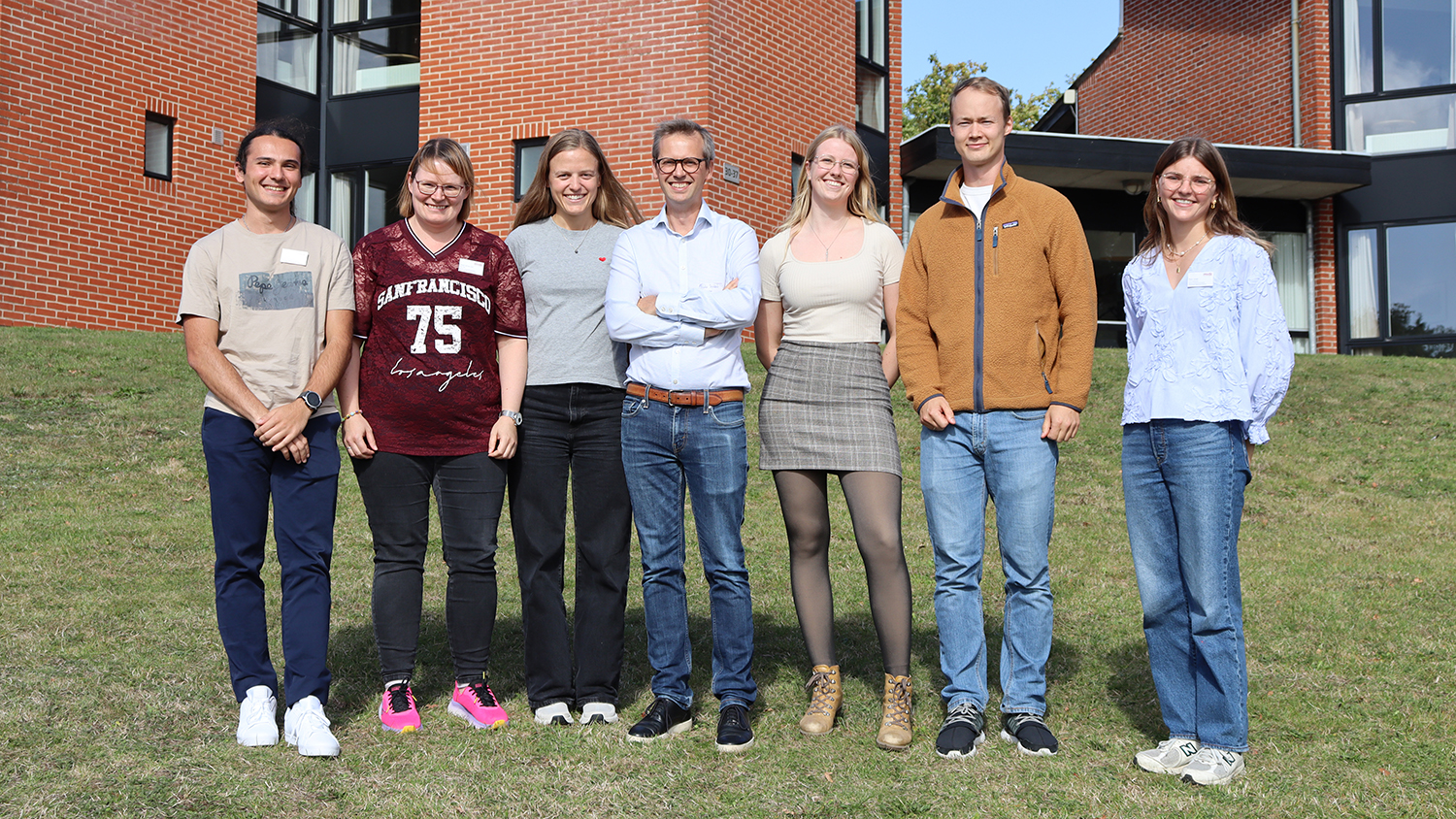We apply computational approaches to study cancer evolution from a translational perspective.
Our mission is to understand cancer evolution at the molecular level, and to build tools and develop methods that use this information to improve patient treatment.
Nicolai Birkbak has a background in cancer biology, biomarker development, translational cancer research and cancer evolution and heterogeneity based on research undertaken at Technical University of Denmark (PhD and postdoc), Dana-Farber Cancer Institute (postdoc), and University College London & the Francis Crick Institute (senior postdoc).
Nicolai Juul Birkbak at Google Scholar
Cancer evolution

An essential question in cancer research today and a focus of our research is understanding the key steps in carcinogenesis: how cells develop from a normal state to malignant cancer through benign, invasive and metastatic disease.
Over recent years, exponential drop in Next Generation Sequencing costs coupled with significant investment in cancer research has led to the creation of large cancer cohorts with extensively characterized tumor samples. This effort has improved our understanding of cancer as a molecular disease, but a focus on driver events has so far not led to a breakthrough in patient therapy, and patient survival has not significantly benefited.
While the dominant focus in the community remains tumor-centric, it has become increasingly clear that non-cancer cells play an active role in carcinogenesis and in the development of metastatic disease.
As part of our exploration of the drivers of cancer metastasis, we have started to investigate how patient health, demographics, and immune competency may play an active role in both suppressing and promoting cancer development and cancer metastasis.

Immune health and holistic biomarkers
Our research focuses on understanding how systemic immune health influences cancer development and outcomes. We explore holistic, non–tumor-specific biomarkers such as T cell receptor (TCR) diversity and thymic health to capture the functional state of the adaptive immune system. By analyzing large patient cohorts, we have found that low peripheral TCR diversity and reduced thymic function are linked to poorer survival and diminished responses to therapy. These findings suggest that immune health goes hand-in-hand with therapy response, and can serve as a powerful predictor of disease risk and treatment efficacy, offering a new dimension to precision therapy beyond cancer genomics.
Metastatic dissemination and effect of treatment
Our lab utilizes cancer NGS data and computational tools to mine the developmental history on individual cancers, and to determine clonality of events.
In this manner, we aim to describe the order of carcinogenic events and to infer potential drivers of metastatic dissemination. This allows us to construct evolutionary trajectories for individual cancer types, potentially informing about likely changes malignant cells may be biased towards when subjected to anti-cancer therapy.
This opens the door to therapeutic approaches where treatment may be directed towards likely cancer clones not yet observed in a given sample.

Tracking cancer in vivo
To utilize our improved understanding of cancer therapeutically, properly characterizing and tracking cancer evolution in real time is vital.
While a tissue biopsy remains the most informative, it cannot be performed at high frequency due to costs and discomfort. Non-invasive technologies such as liquid biopsies and radiomics analysis of medical imaging data are comparatively cheap and can be performed at high frequency.
We utilize both tumor-informed approaches such as cancer-type specific ctDNA assays, and tumor agnostic approaches such as whole-genome ctDNA and T-cell receptor sequencing to characterize cancer biology, residual disease, patient-specific immune-capacity and treatment response in real-time, providing the treating clinician with crucial information about how to intervene, and when.

Software
Defining cGAS-STING activity in cancer
https://github.com/mxs3203/csg_prediction
Original publication: Classifying cGAS-STING activity links chromosomal instability with immunotherapy response in metastatic bladder cancer
GENIUS: Multiomics data analysis based on spatial transformation
https://github.com/mxs3203/genome_mapped_to_image
Original publication:GENIUS: GEnome traNsformatIon and spatial representation of mUltiomicS data
Group leader

.png)














